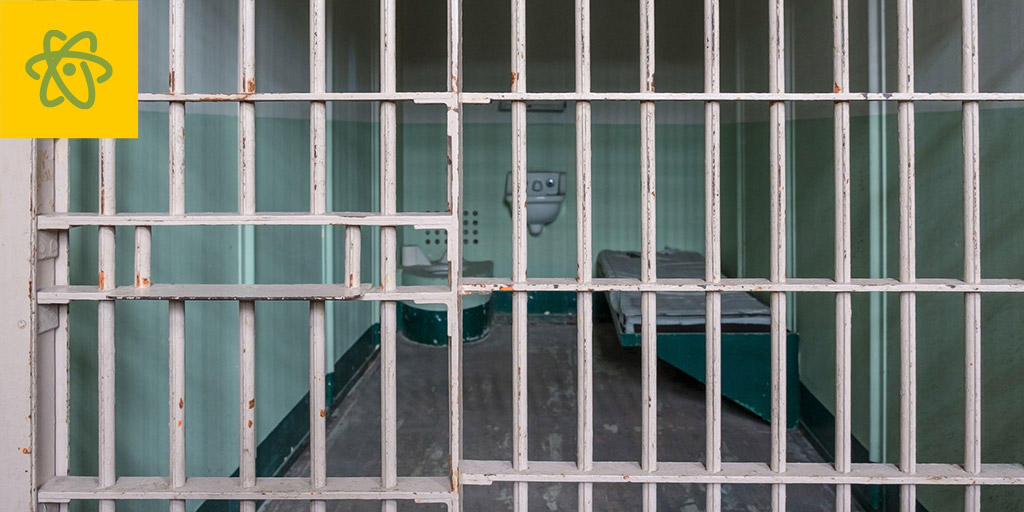How the Prison Entrepreneurship Program allows Baylor students to both serve and learn

What would motivate a man who has spent 20 years in prison to, when told his parole had finally been granted, request to stay behind bars for another year?
For Bryan Kelley, the answer to that question was the Prison Entrepreneurship Program (PEP), a Texas-based organization that works with prisoners approaching parole to build entrepreneurial skills, develop character and prepare them for life outside prison walls. Kelley saw the results of the program, and knew that delaying his own freedom to go through the program would result in a better life once he was out.
Baylor green and gold runs deep through the program. Three members of the PEP’s eight-person board are Baylor Bears (Robert Barkley, BBA ’78, JD ’80; John Jackson, BBA ’79; and Hankamer Associate Dean Gary Carini), and professors and graduate students from Baylor’s Hankamer School of Business have worked with the program for 10 years now. Over that time, they’ve built relationships and provided assistance to a program that dramatically enhances future prospects for prisoners who graduate PEP.
PEP participants go through a rigorous nine-month program, which promotes integrity and accountability through a character-development program, after which they are shepherded through a “mini-MBA” program that features business-plan workshops, “Shark Tank”-style business plan competitions and more.
That’s where Baylor comes in. Baylor got involved with PEP in 2007, when Carini agreed to recruit MBA students to help out. From an initial roster of 15, the numbers of Baylor MBA students who participate have ballooned over the years.
Baylor students who get involved review PEP participants’ business plans, providing guidance, research, editing, marketing information and more; in essence, PEP participants become MBA students’ first consulting clients. Eventually, many students visit prisons and meet their soon-to-be PEP graduates.
Part of Baylor’s belief in the program comes through measured results. Nationally, about 50% of released prisoners return to prison within three years. In Texas, that rate is lower, but still 24%. For PEP graduates, the difference is dramatic — less than 7% return. Every PEP graduate has a job with 90 days of release, and almost half (42%) go on to own their own home within three years.
[READ Baylor Magazine‘s in-depth feature on Baylor and the Prison Entrepreneurship Program]
For the Baylor students who volunteer, it’s a meaningful experience.
“I was able to take things I learned in school and apply those concepts in a real-life setting,” MBA student John Pham says. “My experience with PEP completely flipped my idea of what prison was… While I was there, the walls started to come down. I realized that these are people, and they miss their families — they have hopes and dreams, and are pursuing them. PEP does a great job empowering them so they can reestablish their lives when they leave.”
Sic ’em, Prison Entrepreneurship Program and Baylor volunteers!

